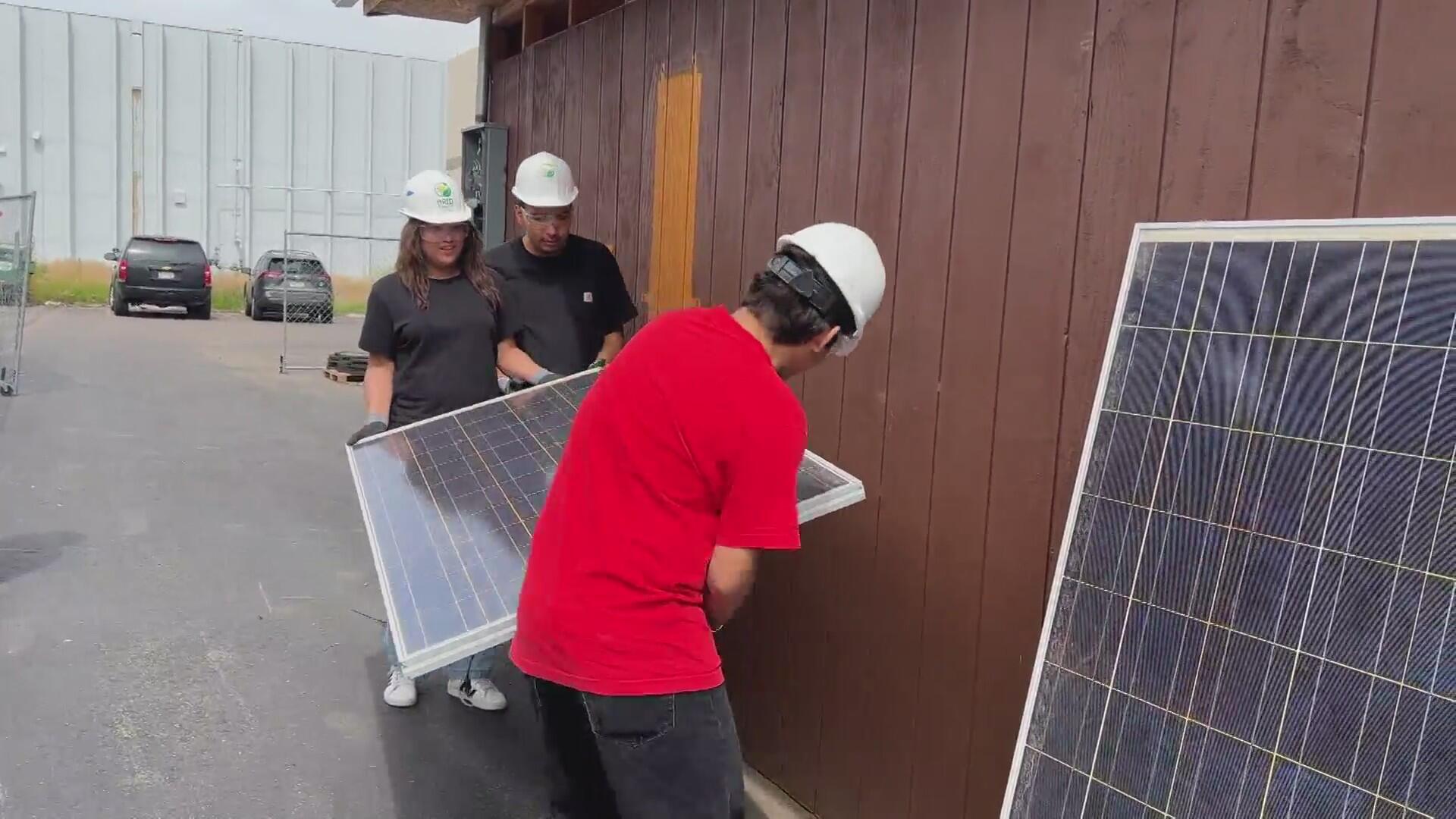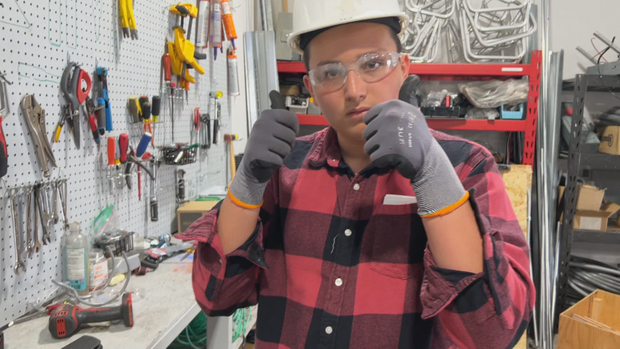Denver students get hands-on with Solar power in Summer Renewable Energy Academy – CBS News

Denver Public Schools Summer Renewable Energy Academy: Advancing Sustainable Development Goals
This summer, Denver Public Schools (DPS) hosted its fourth annual Summer Renewable Energy Academy, providing high school students with hands-on experience in clean energy technologies. This initiative aligns with multiple Sustainable Development Goals (SDGs), particularly SDG 4 (Quality Education), SDG 7 (Affordable and Clean Energy), and SDG 13 (Climate Action).
Program Overview and Objectives
The four-week academy offers more than traditional classroom instruction by partnering with GRID Alternatives Colorado. Students engage directly with solar energy experts to install mock solar panels, learn electrical fundamentals, and gain practical skills in renewable energy systems. This experiential learning supports SDG 4 by promoting inclusive and equitable quality education and lifelong learning opportunities.
Student Engagement and Impact
Ricardo Quinonez, a 10th-grade student at East High School, expressed enthusiasm about the program:
“I was interested in electricity and energy. Now I’m learning more about solar panels and stuff like that. It’s beautiful — I love it.”

Funding and Certification
The academy is funded by Denver’s Green Career Grant, designed to equip students with practical skills and expose them to sustainability-focused career paths. Upon completion, participants receive certification, enhancing their employability in the green economy and supporting SDG 8 (Decent Work and Economic Growth).
Program Evolution and Broader Renewable Energy Exposure
Instructor Monica Schultz highlighted the program’s growth:
“We started with more of a focus on solar and some project-based learning. This year, we infused a broader exposure to different types of renewable energy — wind, solar, biomass, home efficiency — all of those things are critical to our future.”
This expansion supports SDG 7 by promoting diverse clean energy sources and SDG 13 by fostering climate action awareness among youth.
Summary of Key SDG Contributions
- SDG 4 (Quality Education): Providing hands-on, practical education in renewable energy technologies.
- SDG 7 (Affordable and Clean Energy): Training students in solar, wind, biomass, and energy efficiency.
- SDG 8 (Decent Work and Economic Growth): Preparing youth for green jobs through certification and skill development.
- SDG 13 (Climate Action): Raising awareness and action on sustainable energy solutions.
Conclusion
The DPS Summer Renewable Energy Academy exemplifies an effective educational model that integrates sustainability and workforce development. For students like Ricardo Quinonez, the program ignites a passion for renewable energy and contributes to building a sustainable future.
1. Sustainable Development Goals (SDGs) Addressed
- SDG 4: Quality Education – The article highlights an educational program focused on renewable energy skills for high school students, promoting inclusive and equitable quality education and lifelong learning opportunities.
- SDG 7: Affordable and Clean Energy – The program educates students on solar and other renewable energy sources, supporting the goal of ensuring access to affordable, reliable, sustainable, and modern energy for all.
- SDG 8: Decent Work and Economic Growth – By preparing students for careers in clean energy, the program promotes sustained, inclusive economic growth, productive employment, and decent work for youth.
- SDG 13: Climate Action – The focus on renewable energy education contributes to combating climate change and its impacts by fostering knowledge and skills in sustainable energy solutions.
2. Specific Targets Under the Identified SDGs
- SDG 4 Targets:
- 4.3 – Ensure equal access for all women and men to affordable and quality technical, vocational, and tertiary education, including university.
- 4.4 – Increase the number of youth and adults who have relevant skills, including technical and vocational skills, for employment, decent jobs, and entrepreneurship.
- SDG 7 Targets:
- 7.2 – Increase substantially the share of renewable energy in the global energy mix.
- 7.a – Enhance international cooperation to facilitate access to clean energy research and technology.
- SDG 8 Targets:
- 8.6 – Reduce the proportion of youth not in employment, education, or training.
- 8.5 – Achieve full and productive employment and decent work for all women and men, including young people.
- SDG 13 Targets:
- 13.3 – Improve education, awareness-raising and human and institutional capacity on climate change mitigation, adaptation, impact reduction, and early warning.
3. Indicators Mentioned or Implied to Measure Progress
- Number of students completing renewable energy training programs: The article mentions students earning certification upon completion, implying measurement of program participation and completion rates.
- Skills acquisition in renewable energy technologies: Hands-on experience with solar panels and exposure to various renewable energy types imply assessment of technical skills gained.
- Employment or career pathways in clean energy: While not explicitly stated, the program’s goal to prepare students for sustainability-focused careers suggests tracking youth employment or engagement in the clean energy sector.
- Expansion of renewable energy knowledge and awareness: The curriculum’s broad coverage of renewable energy types supports measuring increased awareness and education on climate action.
4. Table of SDGs, Targets, and Indicators
| SDGs | Targets | Indicators |
|---|---|---|
| SDG 4: Quality Education |
|
|
| SDG 7: Affordable and Clean Energy |
|
|
| SDG 8: Decent Work and Economic Growth |
|
|
| SDG 13: Climate Action |
|
|
Source: cbsnews.com








